We gather in the evenings, around a long fold-up table on the concrete slab we call “the patio.” One of the teens is designated the secretary for that night, and he writes in a notebook.
Eight teenaged boys.
Countless teenaged issues.
Growing up.
How do you deal with adolescence in a crowded, third-of-an-acre orphanage? The very backbone of adolescence is spreading out, isn’t it? Testing new boundaries? Finding new friends? Discovering yourself?
How do you manage that when the setting stays the same, the school stays the same, the other kids stay the same, and life itself stays the same?
Here’s one way:
“Mister Mitch, I have a question.”
“OK. Go ahead.”
“What is the difference between lust and love?”
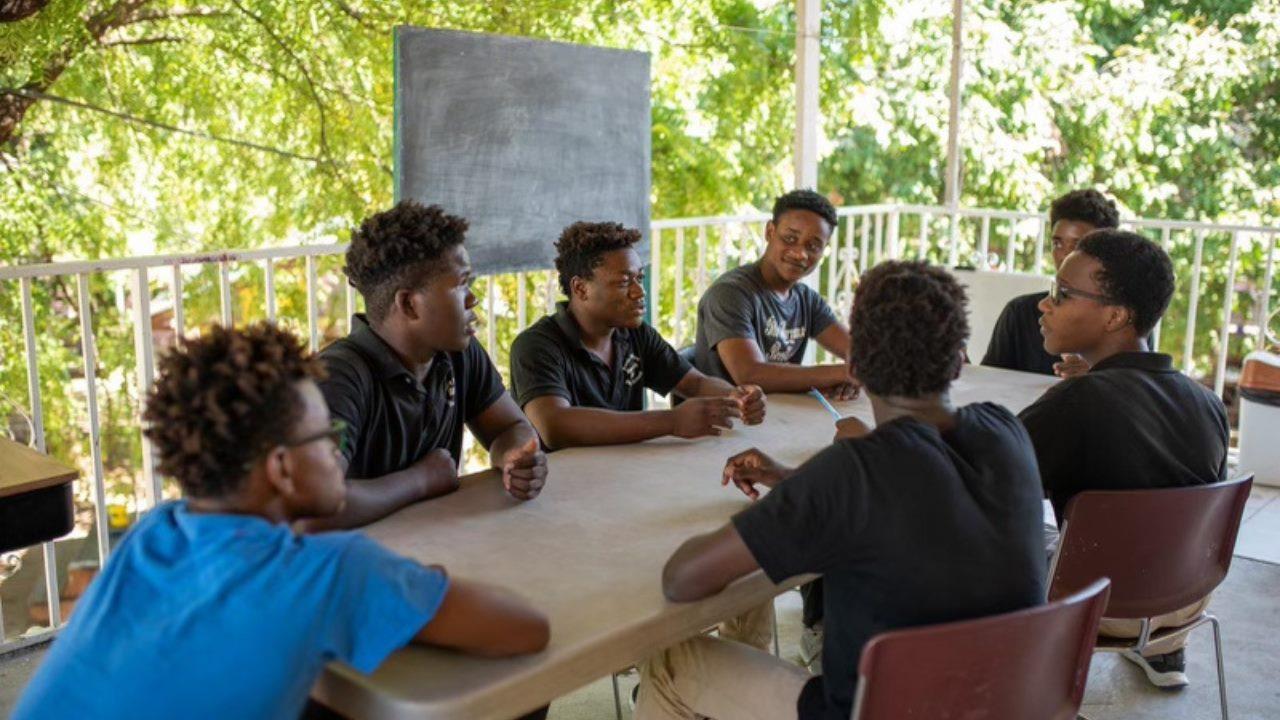
The Young Gentlemen’s Club / Photo credit: Danielle Cutillo |
We call it “The Young Gentlemen’s Club.” That’s the boys’ version. (There is a girls’ version and we’ll get to that in a moment.) The Young Gentlemen’s Club came first, mostly because I could see my own teenaged struggles happening with our 13 to 18-year-old males, and I realized I needed to do something about it.
When I was growing up, I had the kids at school, the kids at summer camp, the older kids in the neighborhood — and of course my parents. All of them helped me navigate my early grappling with growth spurts, pimples, girls, sexuality, unexplained embarrassment and raging hormones.
But our teenaged boys at the orphanage have none of those outlets. Their friends are the same boys they took naps with as children. There is no summer camp. No Mom or Dad.
But they still face the same adolescent issues as any kid. Their bodies transform from thin, soft, hairless children to tall, muscular, low-voiced teens. Some of their faces break out. All of them privately wrestle with attractions to girls they’ve known since kindergarten who are now themselves changing into beautiful young adults.
“Mister Mitch, I have a question.”
“Fire away.”
“How do you know if a girl likes you if she doesn’t talk to you?”
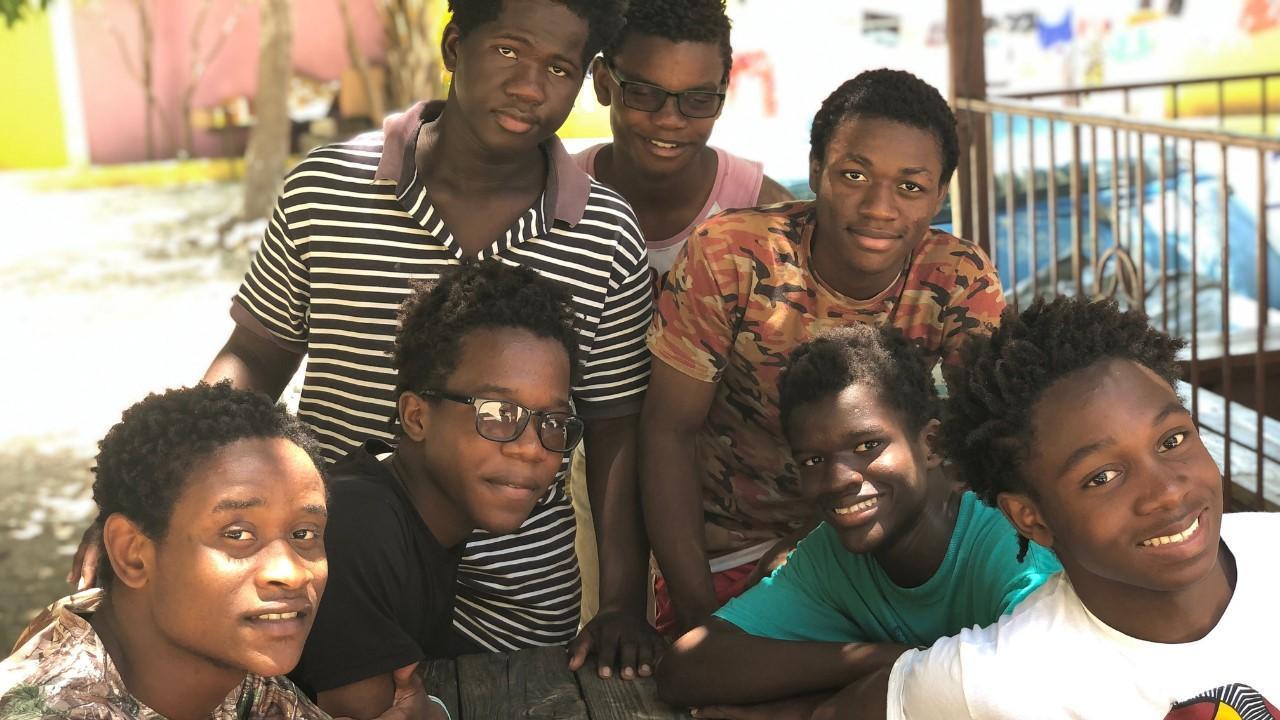 |
Getting past “awkward”
The Young Gentlemen’s Club adheres to Roberts Rules of Order. We declare the meeting open, someone must second the motion, we read Old Business first, take questions, vote to move onto New Business, take questions, vote to close the meeting. I’m not sure why I did this. But it seems to work. The formality of the meeting stands in contrast to the personal nature of the issues raised. It seems to make them feel less self-conscious.
And that’s the whole trick, isn’t it? To tamp down the embarrassment? To get teenage boys to ask the questions they’ve been wrestling with for months but have been too embarrassed to put into words?
No topic is off limits. Over the years, we have discussed every aspect of sex, STD’s, pregnancy, birth control. We talk about how to respect girls, how not to misread them, how to understand when they seem to be mad or teasing.
Surprisingly, many of the questions have to do with impending adulthood.
“Mister Mitch, what does it mean to be a good man?”
“Mister Mitch, when we go to college can we put our hair in dreadlocks?”
“Mister Mitch, when can we start shaving?”
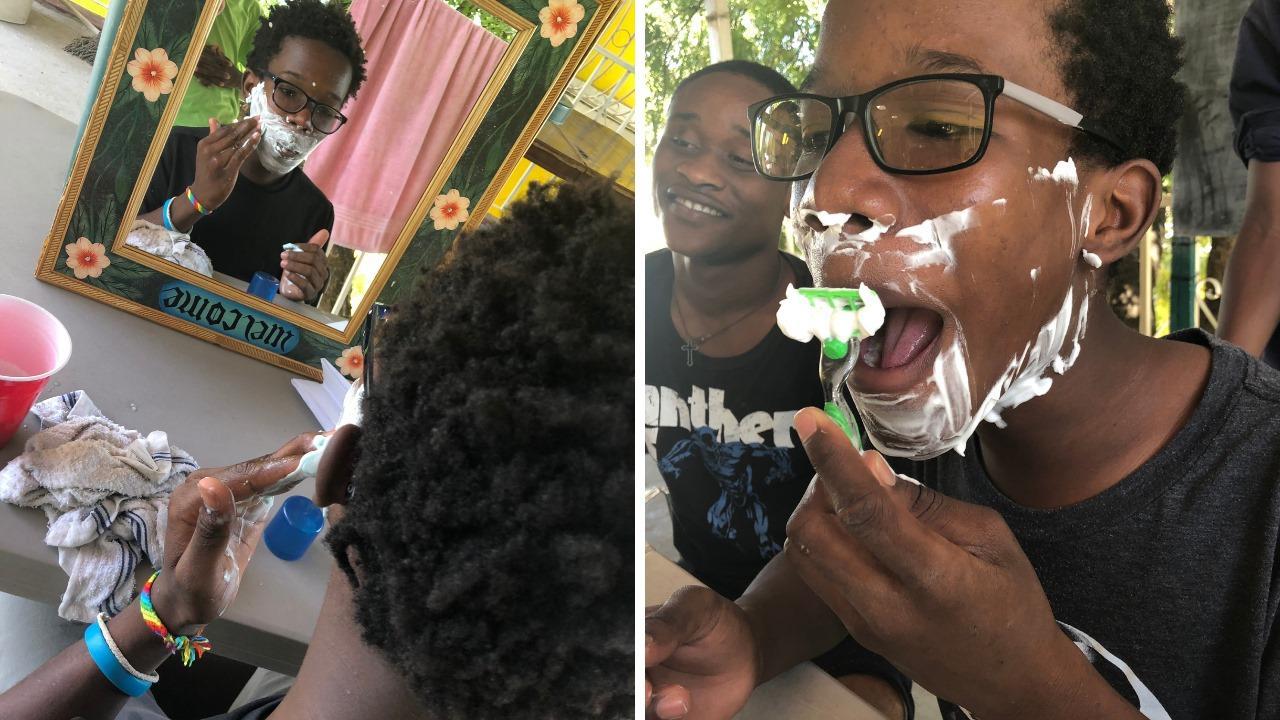
Widley works on shaving. |
That last one, by the way, led to quick action. We brought razors, shaving cream and a couple of large mirrors and had a “learn to shave” day up on the balcony. The boys took turns running the blade across the cheeks and chins. And while most of them didn’t have much to cut off, they ran their hands over their smooth skin afterwards and smiled as if they’d finished a masterpiece.
Trust makes it a safe space
There’s no shaving with the girls’ club. But there are just as many questions.
The girls like shifting the name of our meetings. At one point it was called “The Amazing Girls Squad” and then something else that I forgot, but now it has morphed to “The Special Meeting Without A Name,” a moniker dripping with the self-consciousness typical to adolescence.
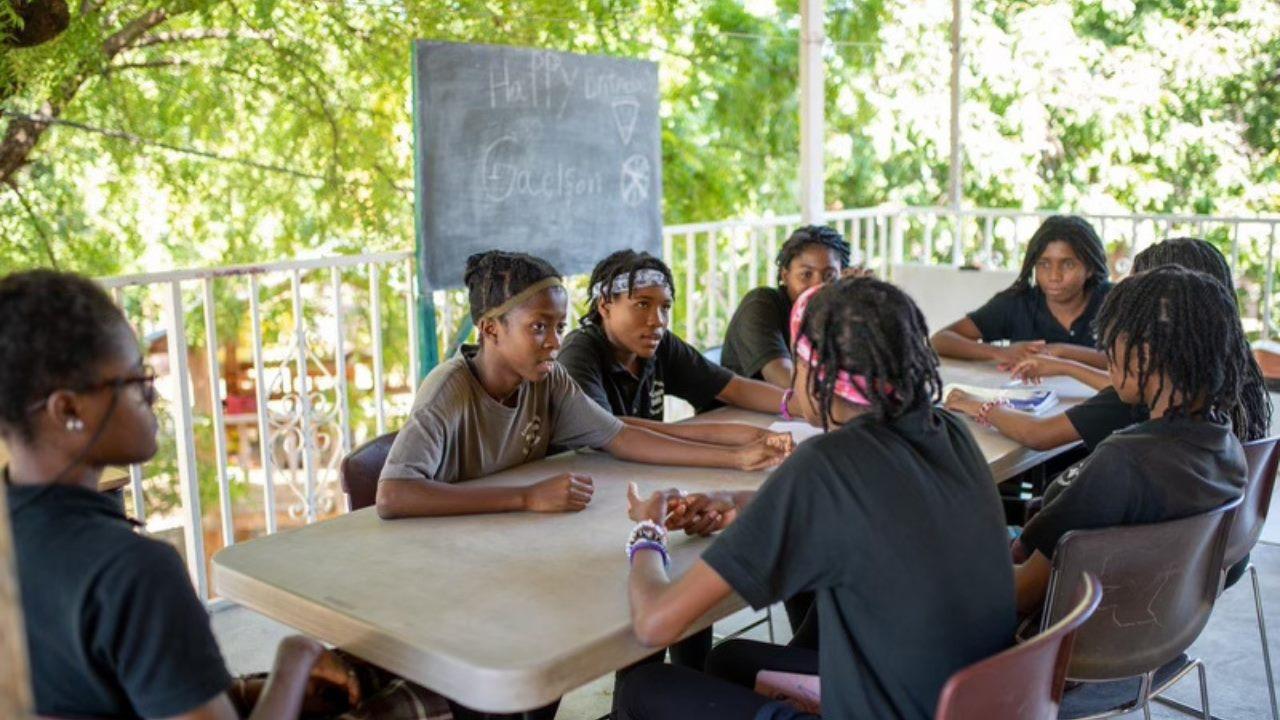
The Special Meeting Without A Name / Photo credit: Danielle Cutillo |
But there is little typical about these gatherings. The girls will ask about everything from ear-piercing to condoms.
“Mr. Mitch, can you get pregnant when you are already pregnant?”
“Mr. Mitch, when will we be old enough to have a phone?
“Mr. Mitch, what does it mean to ‘hook up’?”
I have such admiration for our teenaged girls. I’m sure they would rather be discussing such things with an older female, but they soldier on with me, and they don’t hold back. We have a very strict policy at the orphanage that forbids our boys and girls getting involved with one another in any romantic or physical way, a necessity in such close quarters and at such tender ages.
But you can see the longing our teen girls have to form new relationships, to be cared for, admired or feel attractive to others.
“Mister Mitch, when is the right time to let someone kiss you?”
“Mister Mitch, when we get to college, how late can we stay out?”
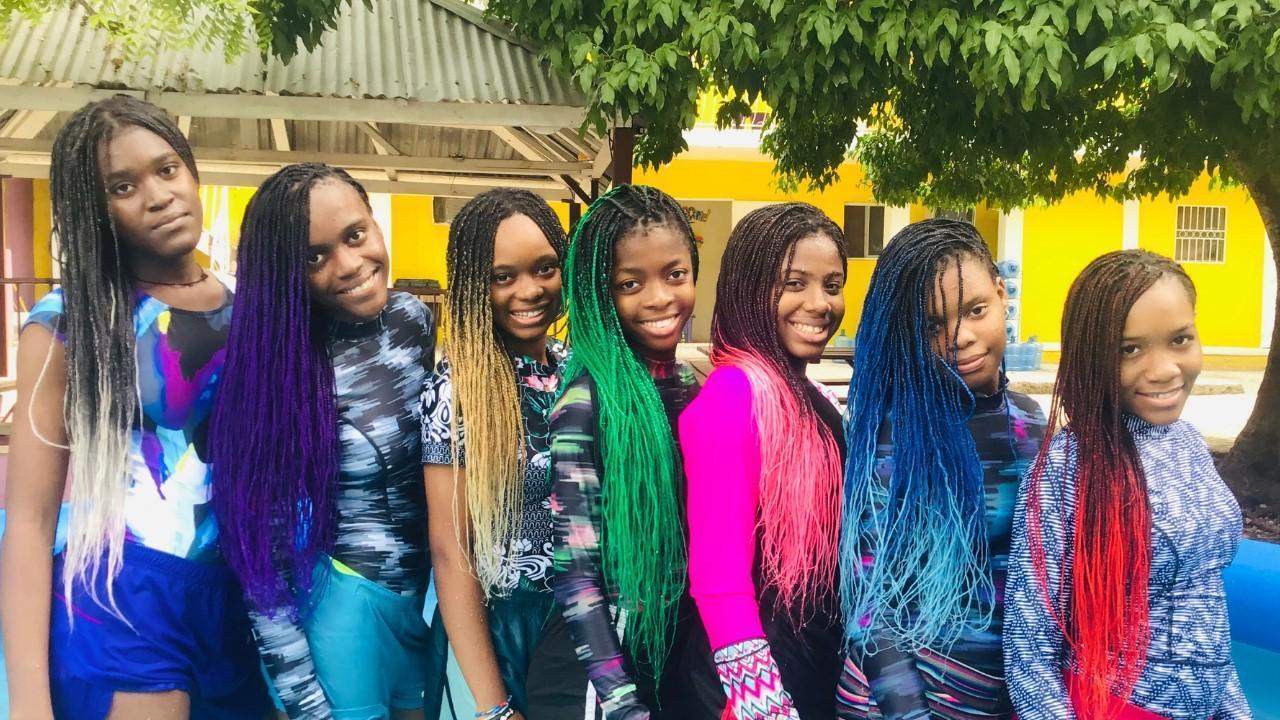 |
Sadly, between Covid-19 and security issues, our kids have not been allowed to fraternize with other kids from other orphanages or summer camps for nearly two years. It has made the teen years that much more frustrating, having to stifle their natural attractions and emotions, mindful of the 50-plus sets of eyes who watch their daily activities.
The Young Gentlemen’s Club and The Special Meeting Without A Name are but small breezes against the hurricane that adolescence brings, but at their core they are about trust. Trust that questions won’t be laughed at. Trust that peers are going through the same weird feelings. Trust that an older person — in this case, me — has gone through the same things and survived them.
And trust is what teenagers look for most, beneath the mountain of emotion, laughter, depression, curiosity, embarrassment and desire that smothers the teenaged years. Trust that they are not so different. Trust that they will be OK.
I try every month, around that long fold-up table, to let our Young Gentlemen and Amazing Girls know they are trusted, and embraced, and above all, loved. It’s may not be a coming of age like Fast Times at Ridgemont High, but here in the grip of this hot and shut down country, it’s something we can do.
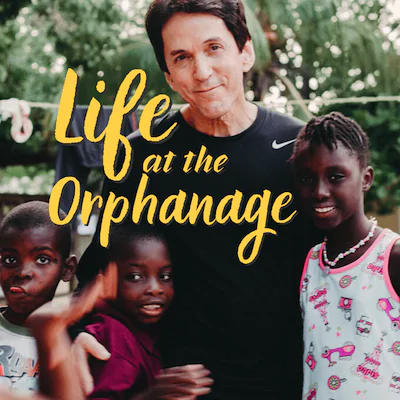


 Join a community of monthly donors
Join a community of monthly donors
0 Comments